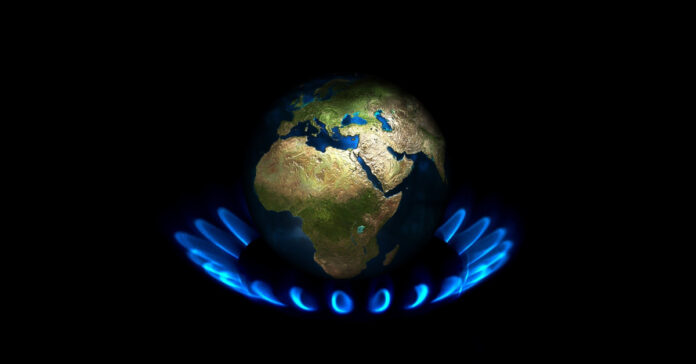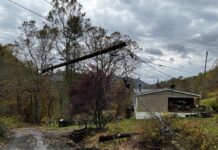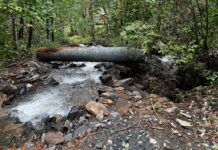
This is a bad time to live in Germany. They are going to enter recession, see businesses collapse, job losses, energy rationing, a deadly winter season. Why? Because Russian gas producer Gazprom has declared Force Majeure and is expected to either stop or sharply reduce the amount of natural gas, it sends to Germany and other European countries through its pipeline. About half the gas Germany consumes comes from Russia, so this would make a huge dent in their supply chain.
Force Majeure is a contractual clause that allows one of the parties to cease to adhere to contractual obligations if an “act of God” or other event outside their control prevent it from doing so. Companies often declare Force Majeure when adverse weather conditions, an earthquake, or other disaster strikes, closing down a factory or disrupting delivery. For example, if fighting in Ukraine had destroyed a portion of the pipeline, Gazprom could declare Force Majeure and no one would argue. Gazprom is blaming Western sanctions for reductions, making it a murkier issue. Even if this ends up being litigated, however, it would take years and that won’t get gas to Germany in time for this winter.
So Germany will hold its breath to see what happens on the 22nd, when gas is supposed to flow again. Many fear Gazprom will not restart the pipeline.
A Shot Across Europe’s Bow
This is the first shot in a salvo in which Russia uses energy as a serious weapon against NATO countries. Because Germany gets so much of its energy from Russia, they are particularly vulnerable. Thanks in part to a cozy relationship between Russia’s Vladimir Putin and Germany’s Angela Merkel, Germany’s Chancellor from 2005 to 2021, Germany is one of the least prepared countries in Europe for such an energy war. For example, Germany has no terminals capable of receiving ships carrying liquefied natural gas (LNG).
Gas is not the only weapon in Putin’s energy quiver. Russia exports large amounts of oil and now occupies Europe’s largest nuclear power plant, which is in Ukraine.
Is it coincidental that this energy attack comes at the same time Russia increases the ferocity of its way in Ukraine, targeting an increasing number of civilian structures? It appears Russia may be doubling down, looking for ways to force Ukraine and its backers to sue for peace. If that were to occur, any peace agreement would likely result in Russia retaining the ground it holds in the Donbas Region.
The only question is, will it take a cold European winter with insufficient gas availability to get them to concede, or will they do so sooner?
Pricing Pressure
As tight supplies hit Europe, more buyers are chasing profits by loading natural gas produced in the U.S. onto LNG tankers and sending it to Europe. That is driving up the prices here at home. This is already translating to increased electric bills as natural gas is used to produce electricity. Until recently, it had been a low-cost alternative that was more carbon friendly than coal, which is considered a dirty fuel.
Wait until winter heating bills hit the United States. While we shouldn’t see natural gas shortages, the prices are shooting up. Some people can expect to pay heating bills that are two or three times higher than last year. Things won’t be any better with propane or home heating oil. You think people are angry now because of the price of food and gas? Wait until they get their first winter heating bill.
Last Chance for Firewood
I just had another load if firewood delivered. It was good lucking hardwood, mostly oak. The driver told me they were having the busiest summer he had seen in 13 years. Apparently, I’m not the only person stocking up.
Let me repeat a warning I have made before: If you heat or can heat with wood, buy your supply now. Many firewood suppliers expect to run out of firewood this year as desperate homeowners turn to firewood when fossil fuels get too expensive. I’d extend this recommendation to wood pellets as well. If you have a pellet stove, buy a pallet of pellets, just to be safe.
The hot summer sun has been great for drying wood. The load I had delivered in early June is noticeably dryer in just six weeks. By buying wood ahead of time, you not only lock in your supply, you ensure that your wood is dry and ready to burn efficiently. If you buy wood in January, there’s always the possibility that the logs were just split and still contain too much moisture to burn well, especially in newer, EPA-approved stoves.
I’m afraid things are going to be bad this winter, and not just in Europe.







